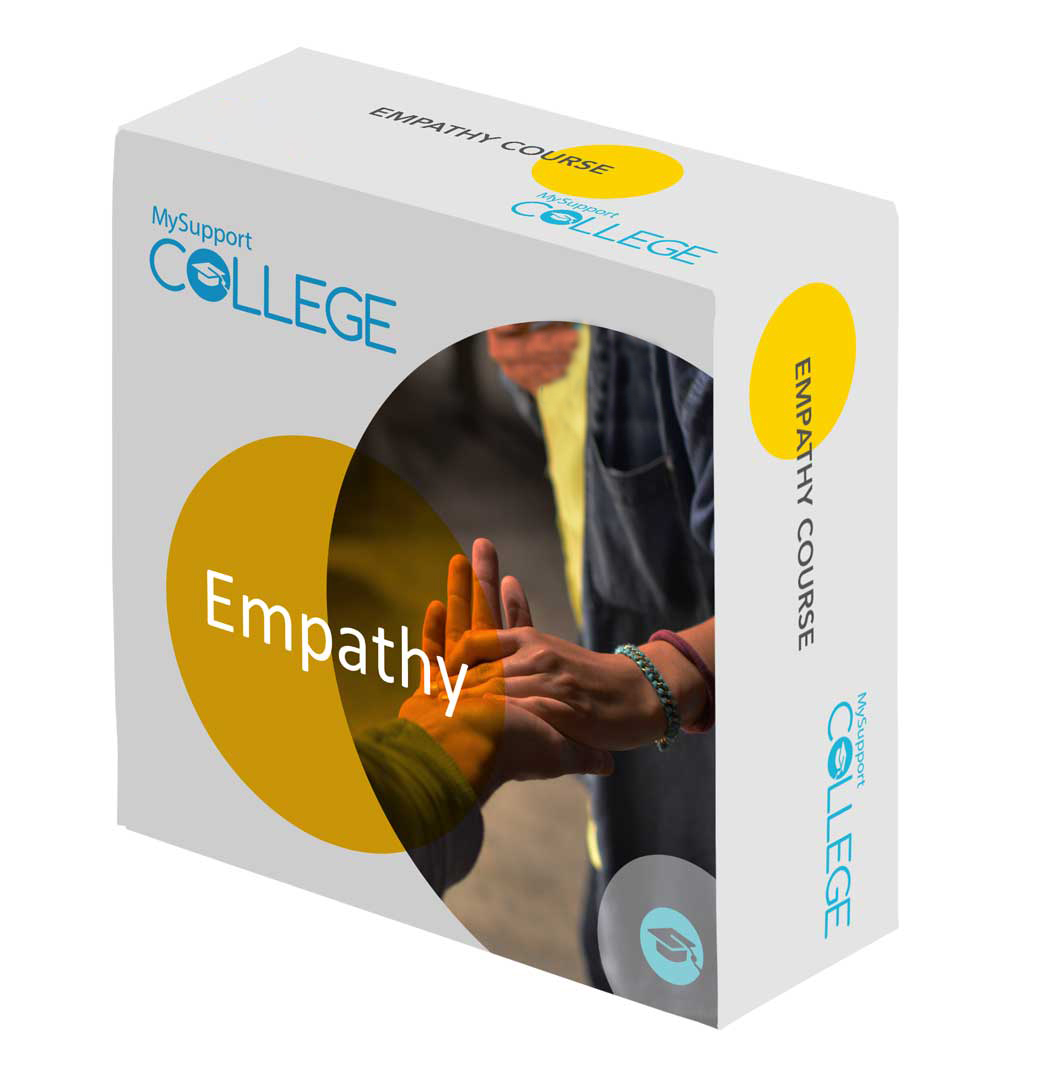What we mean by Person-Centred Care
“By visually representing who we are and what we value we can celebrate our differences and find points of connection.”
Person-Centred Care is used as an endorsement of providing good quality health and social care. Arguably this is not always followed through into our practice which could be due to a lack of understanding of what Person-Centred Care actually means.
What do we mean by Person-Centred?
Where your customer/client is viewed with dignity, as a whole person, that has strengths and challenges. This translates into health and social care by thinking about how we work with our customers. The dignity of someone should be at the forefront of any care support service and we can ensure this would happen by using support plans to remove assumptions of what we think our customers would want without consulting them first.
People are not inherently vulnerable and we all need some level of privacy in our lives. The measure of vulnerability our customers may feel relates to the situation they find themselves in, not just whether they are disabled or older. Without practicing Person-Centred Care and ensuring our customers are in control with a clear understanding of their situation, we are running the risk of increasing the customer’s sense of vulnerability.
Empathy compared to sympathy
By first understanding the difference between empathy and sympathy we can then support sensitively and appropriately alongside someone, rather than feeling ‘sorry for’ them. This skill will keep us focused on the situation that is causing risk and not presuming the vulnerability of someone simply because they are disabled.
It can sometimes be difficult to engage with a customer and practice empathy if they are very different to ourselves. A way of doing this is to see the world from the perspective of the individual. This can be particularly helpful when supporting someone with dementia.

Common ground
In our empathy course we talk about the Belief System Map. By visually representing who we are and what we value we can celebrate our differences and find points of connection. When working with a customer and thinking about them as a whole person then this exercise could be useful to gain a deeper understanding of their values and beliefs. Supporting someone to reconnect with the things that are important to them can mean that they continue to feel like they are contributing to society and connecting with their community. A great example of this in practice is the social enterprise Golf in Society which reconnects people with dementia or Parkinson’s with their love of golf, whilst creating a community for the customer and their families which centres around the sport and the golf club.
Neil Crowther in his publication summarises the importance of giving folks the opportunity to be seen as people with gifts and potential as opposed to the rather dominant narrative of social care which arguably sees people with needs and therefore a burden. If we are to nurture compassion and empathy with our customer then this will depend on a shared trust and a relationship of equals.
As stated in the linked PDF above: “We all want to live in the place we call home with the people and things that we love, in communities where we look out for one another, doing the things that matter to us and that we’re good at.”
Address
MySupport College
Albany House
14 Shute End
Wokingham
Berkshire
RG40 1BJ
